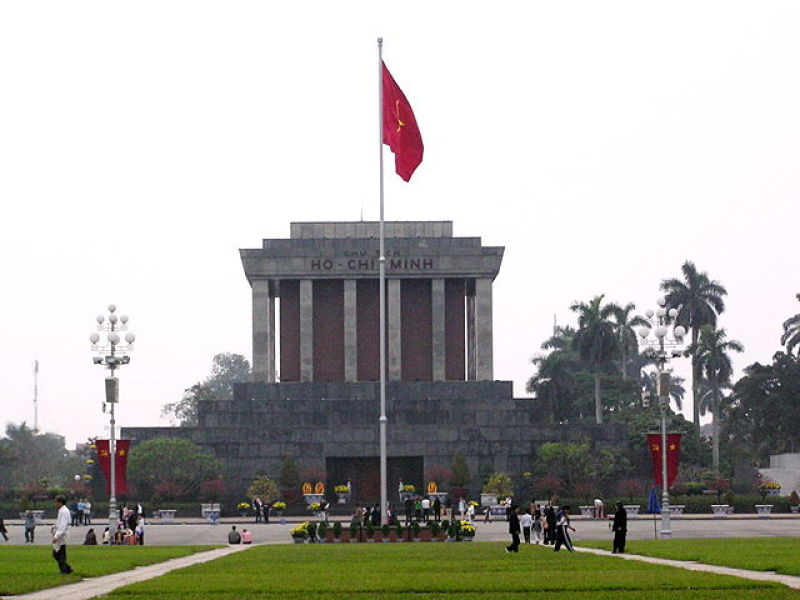
Vietnam passed a new 'Law on Belief and Religion' last week which may curtail freedom of religion in the country, according to media reports.
The bill was passed with 84.58 percent of votes.
The details of the law have not been disclosed to the public but activist organizations fear that the legislation will compel religious organizations to register before being able assemble at houses of worship and practice their faith.
The draft of the bill was introduced last year and was expected to uphold freedom of religion and belief, but the direction of drafting was observed to be more inclined towards controlling religious organizations in Vietnam.
"When the possibility of a law on religion was first mentioned, some were hopeful that it would address the obstacles to freedom of religion or belief in the existing regulations," said Mervyn Thomas, CSW's Chief Executive. "Unfortunately, throughout the drafting process, the law continued to focus on the control and management of religious activities, rather than the protection of religious freedom.
Vo Tran Nhat, Executive Secretary of the Vietnam Committee on Human Rights, also voiced the same opinion that the law inhibits freedom of religion rather than promote it as claimed by the government.
"They're going to adopt a new law, a law on religion. This law is not a law on religion; it's just a law on how to manage the control of religion," he told World Watch Monitor. "The regime just says you have the freedom of religion [only] if you respect all the conditions of the party. It means, if you want to organize an event, you have to demand permission. If you want to create a church, you have to pass an exam, of several years - I think it's about 10 years, or 5 or 10 years. And if there is no problem, then you can have the [status] of recognized religion."



















